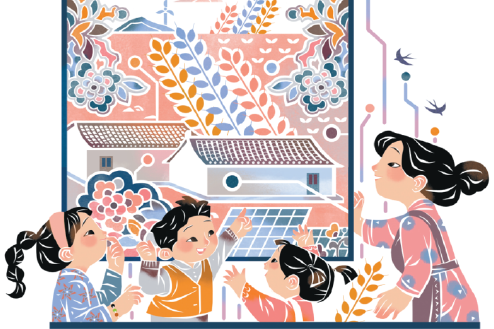Together on the road to success

A1: Evidence abounds that the two sides will continue to encourage high-level mutual support and enhance collaboration on personnel training, skills transfer, technical assistance and knowledge transfer; increase bilateral trade; work more closely on economic cooperation on projects in Africa, to either build afresh or upgrade general infrastructure; introduce or upgrade agricultural technology; and support the development of industrial parks.
This will help the world attain the Sustainable Development Goals Agenda 2030.
A2: You could begin by drawing on healthy Sino-Africa relations and China's expertise that will be hugely beneficial as the Belt and Road Initiative progresses. It will not only reinvigorate the China-Africa relationship but also help access favorable infrastructure development financing from international development partners. As a result, Africa will be able to ride on China's goal of fostering connectivity, thereby accelerating integration and economic diversification. This goal is in line with the African Union's own goal of connecting all 54 African countries to grow intra-Africa and global trade under the African Continental Free Trade Area.
A3: Food insecurity remains a major global concern, particularly in sub-Saharan Africa, where it already affects an estimated 239 million people. The Food and Agriculture Organization says the problem is compounded by rapid population growth and rural diversification, an associated structural transformation from farm to non-farm employment, a growing middle class, increasing interest (both domestically and globally) in the continent's farmland and of course unpredictable weather due to climate change leading to drought and, in many instances, famine. These factors and others will shape the megatrends in sub-Saharan African agricultural policy.
A4: In February 2014 the Economist called Africa "An awakening giant" but added that if its economies are to take off, Africans "will have to start making a lot more things". The growth that the continent has enjoyed in recent years has had the support of China. Countries such as Kenya now give priority to manufacturing in their development plans. China has shown its support and pledged $180 million in two manufacturing plants. The country expects to attract textile and apparel investor companies by providing a conducive technological environment.
A5: While China has emerged as Africa's largest trading and strategic partner, the emerging concern is the yawning trade deficit in favor of China. In this regard, African countries should begin policy reviews aimed at not just growing trade and investments between the two sides but also at dealing with issues of their own competitive and comparative advantages, rapid skills and knowledge transfers.
Dr Robert Kagiri, strategy and policy consultant and adjunct lecturer, Institute of Diplomacy and International Studies, University of Nairobi


































